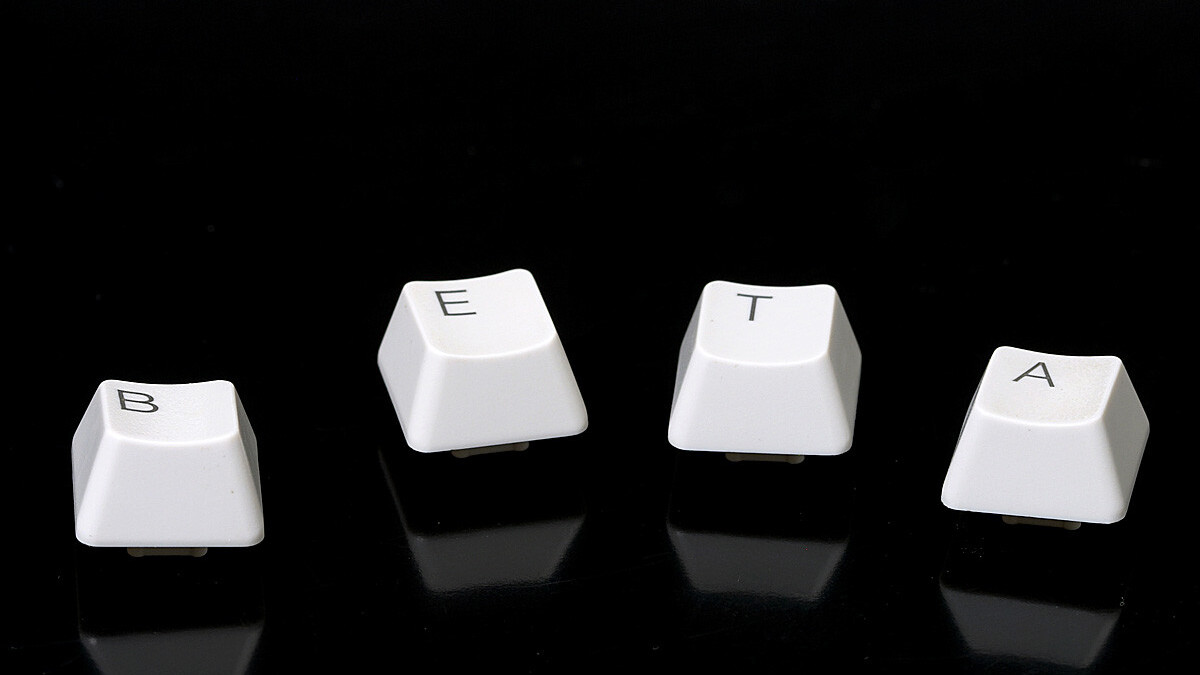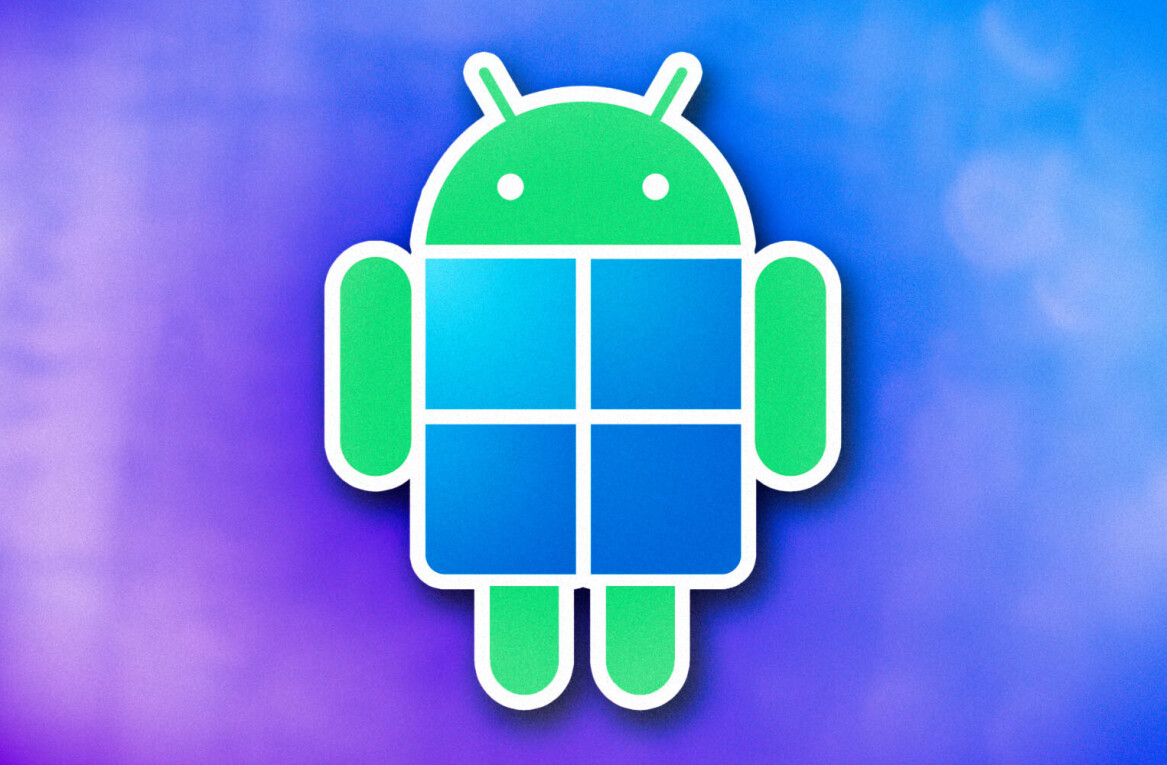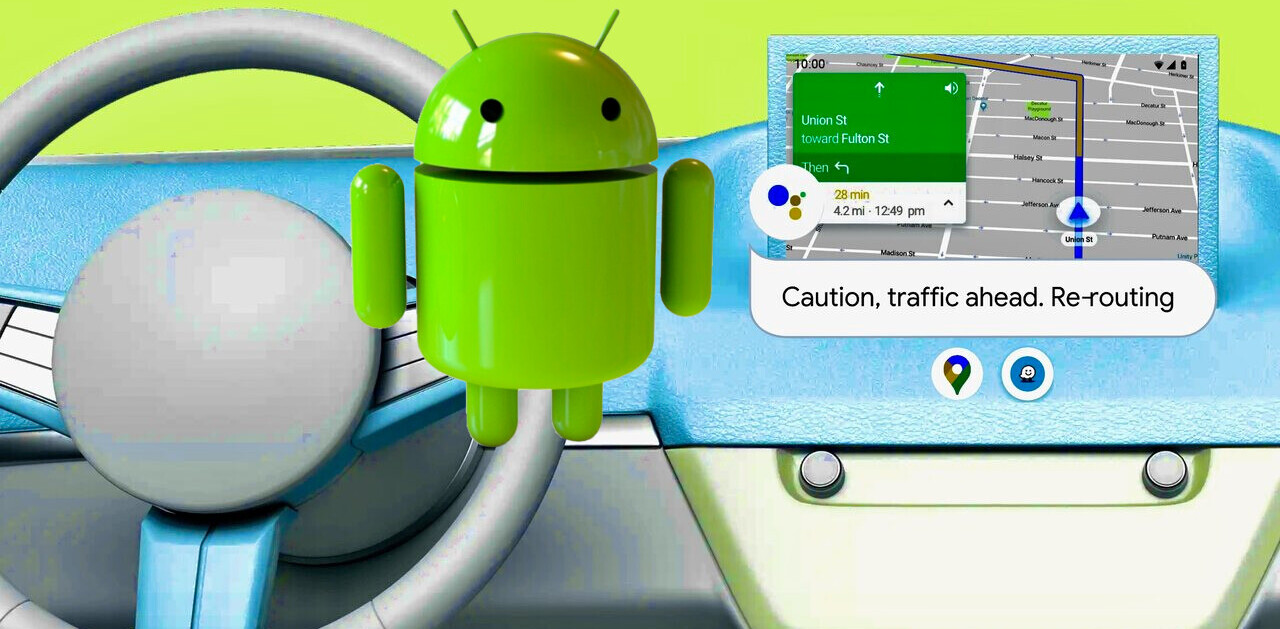
A week after releasing the stable version of Chrome 31, Google has announced more features coming to Chrome 32 beta for Windows, Mac, Linux, and Android. In addition to indicators for tabs, the new version includes support for animated WebP images, NPAPI plug-ins blocked by default, and faster touch input for Android.
First off, Google says its animated WebP image format offers some important improvements over animated GIFs, including true alpha channel (8-bit) compared to a binary (1-bit) alpha. Furthermore, each frame can be lossy or lossless as needed.
For those who don’t know, the company’s WebP format requires fewer bytes than other popular formats, such as JPEG and PNG. Animated WebP is Google’s attempt to replace the GIF: for example, the above GIF image (870 KB) is 57 percent smaller in WebP (372 KB). If you install Chrome 32 beta, you can see it for yourself here.
Next up, as Google announced in September, Netscape Plugin Application Programming Interface (NPAPI) support will be dropped starting in Chrome 32.
Last but certainly not least, responsive mobile websites will get a performance boost in Chrome 32 beta for Android as Google has decided to disable double-tap zoom. Previously, delayed every touch event sent to the webpage by 300ms to let the user to tap a second time. Now, Google explains that mobile-friendly sites formatted to automatically fit in the page width will receive click events instantly and can respond to user input more quickly.
Chrome usage data shows that just six NPAPI plug-ins were used by more than 5 percent of users in August. To minimize the confusion for users, Google will temporarily whitelist the most popular NPAPI plugins (the built-in Flash plugin and PDF viewer are unaffected because they don’t use NPAPI):
- Silverlight (used by 15 percent of Chrome users).
- Unity (9.1 percent).
- Google Earth (9.1 percent).
- Java (8.9 percent).
- Google Talk (8.7 percent).
- Facebook Video (6.0 percent).
Users and enterprise administrators will be able to temporarily whitelist specific plug-ins as well. Google says it wants to completely remove NPAPI support from Chrome “before the end of 2014, but the exact timing will depend on usage and user feedback.”
Web developers will want to take note of the following new Chrome Apps and Extensions APIs as well:
- The Vibration API allows Web developers to programmatically provide tactile feedback in the form of vibration. Use cases include improved accessibility and more engaging browser-based games.
- signedInDevices API allows you retrieve a list of the user’s signed-in devices.
- MediaGallery API now supports import of Picasa albums.
- The Identity API now provides events such as sign-in and sign-out.
- Websites in incognito tab can now connect to Apps with user consent.
- chrome.runtime API now optionally provides TLS channel ID to extensions or apps to allow for stronger security.
Chrome 32 is set to launch in January. We’ll let you know when it’s available for everyone.
Top Image Credit: T. Al Nakib
Get the TNW newsletter
Get the most important tech news in your inbox each week.





